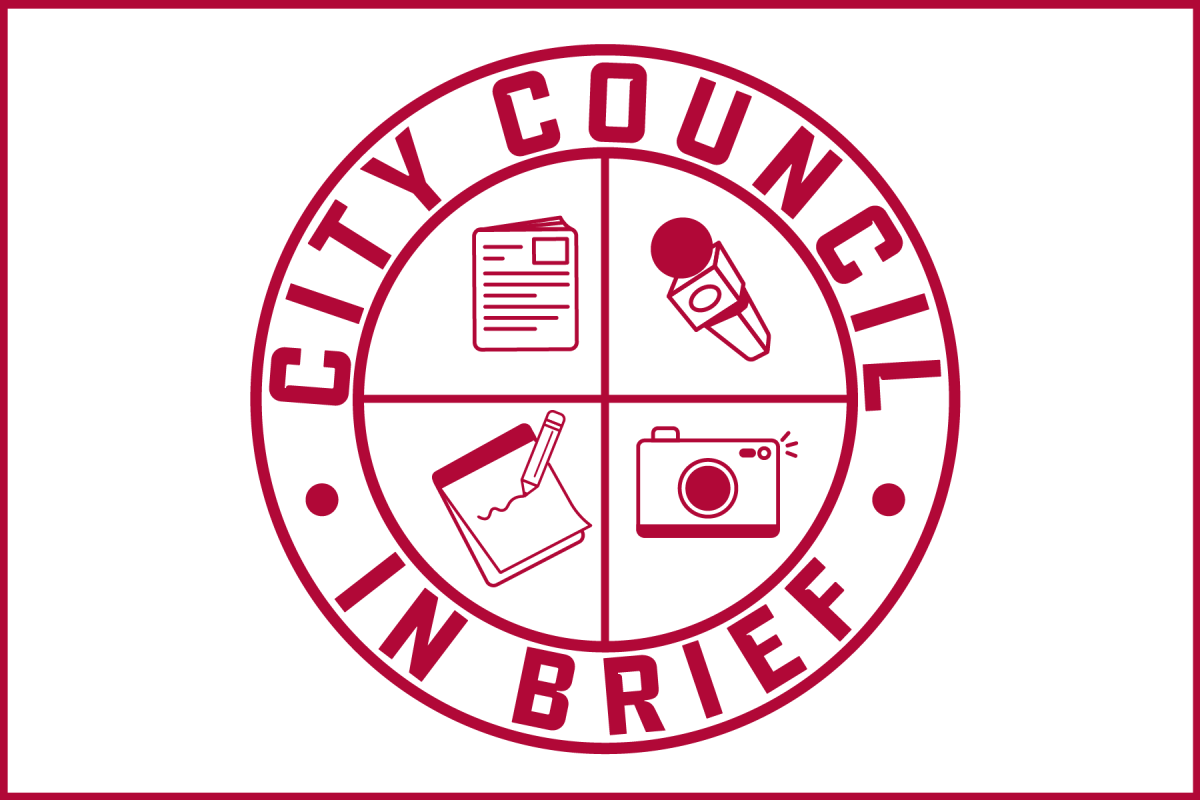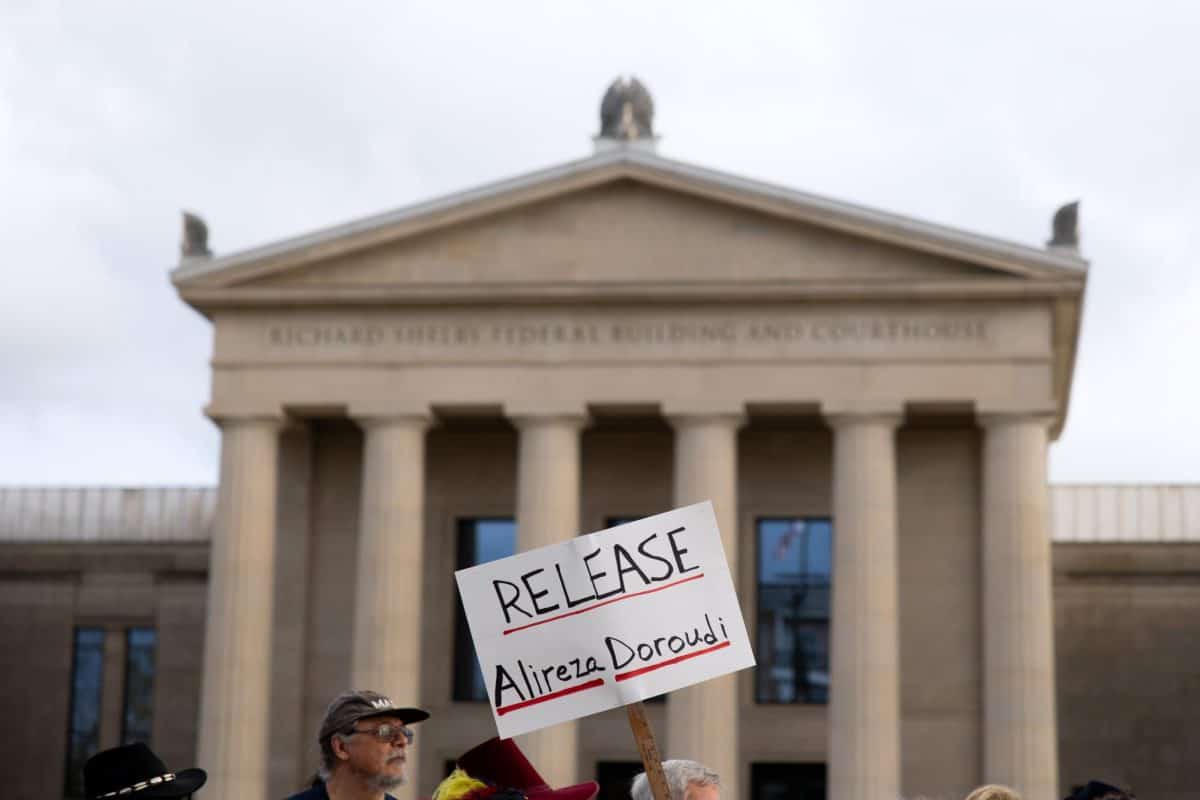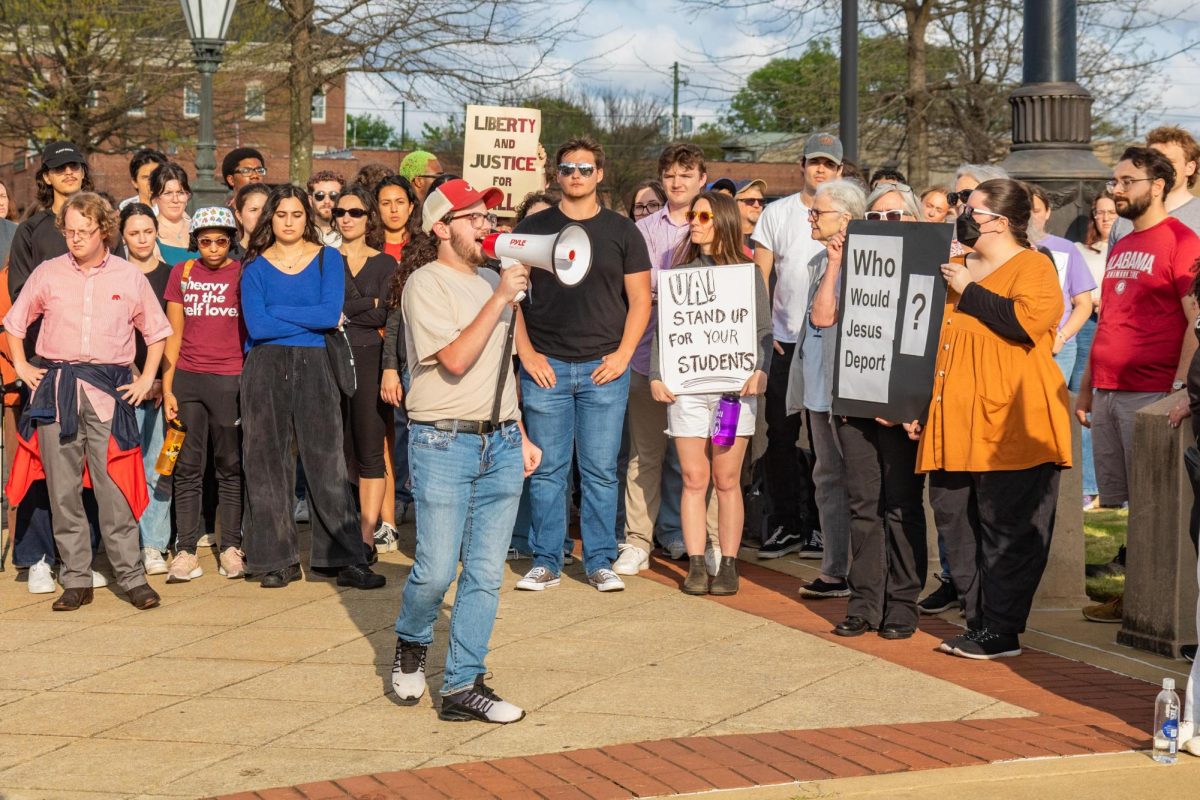As the one-week mark approaches since Tuscaloosa’s municipal elections were held on Tuesday, Aug. 27, University of Alabama administration has yet to take action against the allegations of student involvement in voter fraud. Allegations have continued to surface in the days following the election, and defeated Board of Education candidates Kelly Horwitz and Denise Hills have yet to concede. The votes will be finalized Tuesday, and Hills and Horwitz can decide whether to challenge the results, taking into account the allegations of the past week.
Community concern began early in the campaign as non-incumbent candidates received campaign donations from PACs in amounts topping past records.
In total, $181,000 was raised this year, in comparison to the $25,000 raised in 2005 and $48,000 raised in 2009, as reported by The Tuscaloosa News. The five major PACs donating to the challengers in the campaigns were Alabama Builders PAC, Educate Tuscaloosa PAC, NUCOR PAC, Pride PAC II and T-Town PAC II.
In District 4, where UA students hold significant clout due to district lines, Horwitz, the incumbent for the seat on the Board of Education, ran against Cason Kirby. Kirby received funding from four of the PACs, while Horwitz did not receive funding from any PACs.
Educate Tuscaloosa PAC especially caught the eye of concerned community members, making donations as large as $14,200 to Kirby’s campaign.
Kirby, a UA graduate and previous SGA president, is not alone in significant campaign funding. Lee Garrison, also a UA graduate, ran for the chair position for the Board of Education against Hills, his non-incumbent challenger. Garrison received donations from PACs this campaign as well, totaling 26 percent of his campaign contributions. Hills did not receive PAC funding.
Furthermore, Garrison received donations from UA President Judy Bonner and Robert Witt, chancellor of the UA system.
Before the election, Horwitz voiced her concerns about the role donations, especially in the form of PACs, played in the candidates’ campaigns this year.
“I would be happy to talk about my individual race, but the PAC sent out mail early on casting it as ‘the board,’” Horwitz said. “What concerns me is that the PAC has not articulated what it would do differently and what in particular I as a board member have done inadequately.”
Much of the PAC funding comes from state businesses and business leaders. Earlier this year the Chamber of Commerce of West Alabama added implementing business leaders to the Board of Education to its 2013 Business Plan Priority List.
The list prioritizes the recruitment of “seasoned business leaders to seek elected office on local Boards of Education to significantly improve the policy making, financial management and operations of local public school districts.”
Registration process
Following concerns about campaign funding, UA’s TV station WVUA first reported Aug. 24, just days before the election, that 10 unrelated individuals were registered using the same single-family home address, located at 42 University Circle. An individual at the home told WVUA that not all listed individuals live there, but they are fraternity brothers using the address to register to vote.
Public records show that all 10 individuals are UA students.
Last-minute registrations have also sparked concern, as al.com reported 75 percent of individuals who registered in 2013 did so between Aug. 9 and Aug. 16. Additionally, 256 of those 267 last-minute registrants were born after 1990.
Election day
On election day, Tuesday, Aug. 27, limos were spotted on campus transporting students from sorority row to the District 4 polling station.
The following day, emails from members of Chi Omega sorority surfaced with statements incentivizing students to vote with free drinks at two local bars, Innisfree and Moe’s, as well as saying there would be limos to pick them up.
“It’s going to be really tight, and it is SO IMPORTANT that they get the Greek Vote,” the email read. “I told both of them that I would do my best to make sure that I got every Chi O that was registered to the polls. There is a big incentive for you going as well!!”
The email goes on to list incentives, stating that “they” rented out Innisfree and Moe’s so members can turn in an “I Voted” sticker in return for a wrist band for one free, as well as a free cover charge. Other incentives included the limo rides to the polls, Chi O points and Panhellenic points.
In an emailed statement, UA spokeswoman Cathy Andreen said that the Alabama Panhellenic association did not offer Panhellenic Points to their members to vote in the city election.
Members of Kappa Kappa Gamma sorority also urged members to vote in the city school board elections by posting on the chapter’s Facebook page.
“HEYYYY! Please comment on here if you are registered to vote in Tuscaloosa. We need the number of registered Kappas!!,” One post read.
Another post stated, “EVERYONE GO VOTE FOR CASON KIRBY AND LEE GARRISON!!! It literally takes 2 minutes!!!!!”
By the end of election day, Kirby won the seat for District 4 by 72 points, and Garrison claimed the chair of the board by a margin of 203 votes.
Election aftermath
In the days following the election, both Hills and Horwitz said they were considering challenging the results but were still weighing their options. Hills said she was waiting for the race to be certified Tuesday, Sept. 3.
Hills said she and her team are proceeding with caution but definitely watching the allegations.
“These are all things we need to explore a little bit more,” Hills said. “Of course I’m sure there is only a small time frame you have to challenge in an election. But we do need to. You know me and my team of volunteers are investigating all of these.”
Since then, the student body and community members have heard limited input from both University administrators and the SGA.
Bonner has yet to speak on the subject. However, Deborah Lane, associate vice president for University Relations, said the University will refer students to the Office of Student Conduct if found to be in violation of the Student Code of Conduct.
“The University of Alabama believes that participation in the democratic process provides an opportunity for our students to engage in their civic responsibility,” Lane said in an emailed statement. “We certainly expect our students to protect the integrity of the election process, the privacy of each individual’s vote and the ability of all individuals to vote their conscience. We will continue to emphasize to our students that voting is a serious responsibility that must not be taken lightly.”
The SGA has only said they “support following the law.”
“We would support the University in taking action to ensure the law and student code of conduct are followed,” said Leela Foley, director of media relations for the SGA. “The SGA has jurisdiction over the SGA code of laws and the SGA constitution, not election laws, therefore we cannot hold students responsible for violations of such laws.”
Furthermore, Paul Horwitz, the husband of Kelly Horwitz and a law professor at the University, sent a lengthy email to the Faculty Senate Wednesday, Aug. 28 outlining his frustration with UA administration and in his words, “who runs this university and how.”
“Simply put, the question is whether university is going be to a modern institution that honors fairness and the rule of law, or whether it will, in important respects, retain remnants of the kinds of views and behavior that this university has been burdened with and failed to definitively address for at least fifty years,” Paul Horwitz said in the email.
He goes on to call for a full-on investigation of the voting fraud allegations and further action by the University. He also calls out the “Machine,” a secret political machine comprised of 28 traditionally white fraternities and sororities.
“Of course, there is a broader issue here, and that is the seemingly endless question of the role of both the Greek system and, especially, the so-called ‘Machine,’” Paul Horwitz said. “I do not seek to tar members of the Greek system with a broad brush. The Greek system is certainly a longstanding part of the university, and I’m sure that many fine individuals, including friends of mine, participate in it. But neither can there be any question that the relationship between the university and the Greek system is not a healthy one.”
Horwitz told The Crimson White that he wants to open up campuswide conversation about the “long-standing” problem.
In an email obtained by The Crimson White, Meredith Bagley, a fellow member of the Faculty Senate and C&IS Senator, said Faculty Senate President Steve Miller has shown support for Paul Horwitz’s call to action.
In the email, Bagley wrote, “ There have been a half-dozen replies on the Faculty Senate list serve since yesterday, with the broadest area of agreement being that we need to make time at the September 17th meeting to discuss these issues and should seek to gather as much accurate information as possible. Faculty Senate President Steve Miller has voiced his support for the inquiries and statements that Prof. Horwitz writes of in the original message, though I would doubt that any statements will be made before at least the Senate’s Steering Committee can meet (Sept 10th I believe).”
The results from the election will be finalized Tuesday. From that point, candidates can decide whether or not to concede or contest the results.








